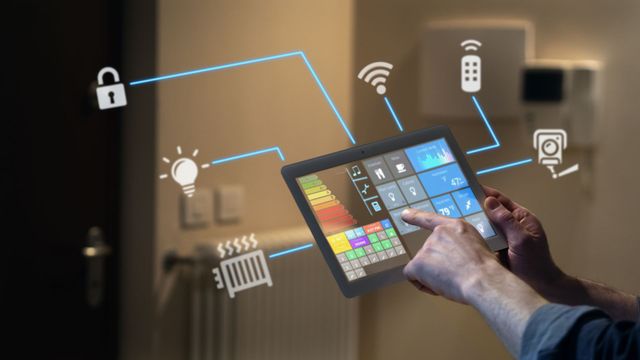Navigating the Complex Terrain of Compliance Guidelines for Network Security in Multi-Unit Residences to Ensure Occupant Safety and Data Safeguarding
Wiki Article
Within the current world, many people live in multi-unit units, including flat buildings and condo communities. These locations frequently share common infrastructures for internet and other amenities. Although this setup can be convenient, it also brings up significant questions about system security and regulatory requirements. Ensuring the security of residents and safeguarding their data is essential. This piece will explore the intricate environment of compliance standards for system security in multi-dwelling buildings, focusing on how these standards help keep tenants safe and secure.
A of the primary compliance standards that pertain to network safety is the EU Information Protection Regulation (GDPR). This law is intended to protect personal data and privacy for individuals inside the European Union. While it mainly pertains to companies functioning in the EU, its principles can affect procedures in other areas as also. For multi-unit buildings, adhering to GDPR means establishing strong information protection protocols. This includes making sure that residents' personal information is collected, kept, and processed securely. By following these guidelines, building administrators can assist build trust with tenants and guarantee their data is safe from illicit access.

Another significant guideline is the Healthcare Insurance Portability and Responsibility Act (HIPAA), which safeguards confidential patient data in the healthcare industry. In multi-unit units, particularly those that provide medical assistance or have tenants with particular medical needs, adherence with HIPAA is essential. This means that any medical information gathered from tenants must be kept private and secure. Building administrators must make sure that their system systems are configured to avoid data leaks and unauthorized access. By taking these steps, they not only adhere with legal obligations but also foster a safe residential space for all tenants.
Alongside GDPR and HIPAA, the Credit Card Payment Industry Information Protection Guidelines (PCI DSS) is a further critical compliance standard. This standard is particularly important for multi-unit buildings that process debit card payments for rent or services. PCI DSS outlines security protocols that must be implemented to protect cardholder data. This includes securing sensitive data and frequently reviewing network safety. By adhering to network traffic analysis for mdu PCI DSS standards, property administrators can reduce the risk of data breaches and protect tenants' financial information, which is vital for upholding their trust and safety.
Finally, it is essential for multi-dwelling buildings to remain informed on regional and national laws regarding system safety. Regulations and guidelines can evolve, and remaining informed is essential for compliance. Property managers should frequently review their security policies and procedures to make sure they meet up-to-date standards. This proactive strategy not only assists in maintaining adherence but also improves the overall safety of the network. By focusing on tenant security and information safeguarding, multi-unit units can create a secure residential environment that fosters confidence and peace of mind among tenants.
To summarize, traversing the complex landscape of compliance guidelines for network safety in multi-unit buildings is crucial for guaranteeing tenant safety and information protection. By understanding and implementing standards like GDPR, HIPAA, and PCI DSS, building administrators can establish a safe space for their residents. Remaining informed about regional regulations and frequently reviewing security practices further improves this commitment to safety. In the end, a robust emphasis on adherence not only safeguards tenants but also builds a sense of community and confidence among multi-dwelling units.